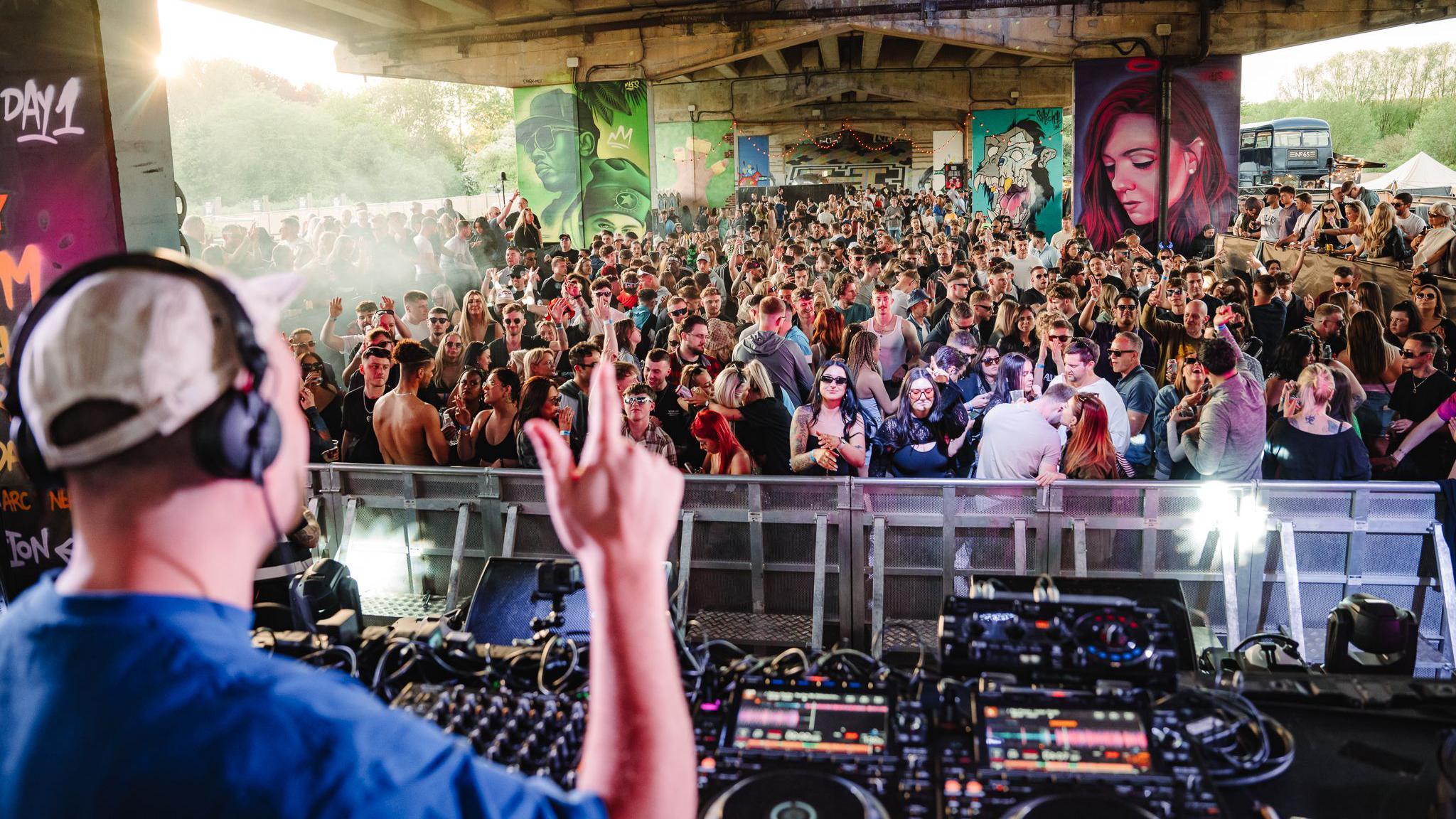Is writing on the wall for city's nightlife scene?
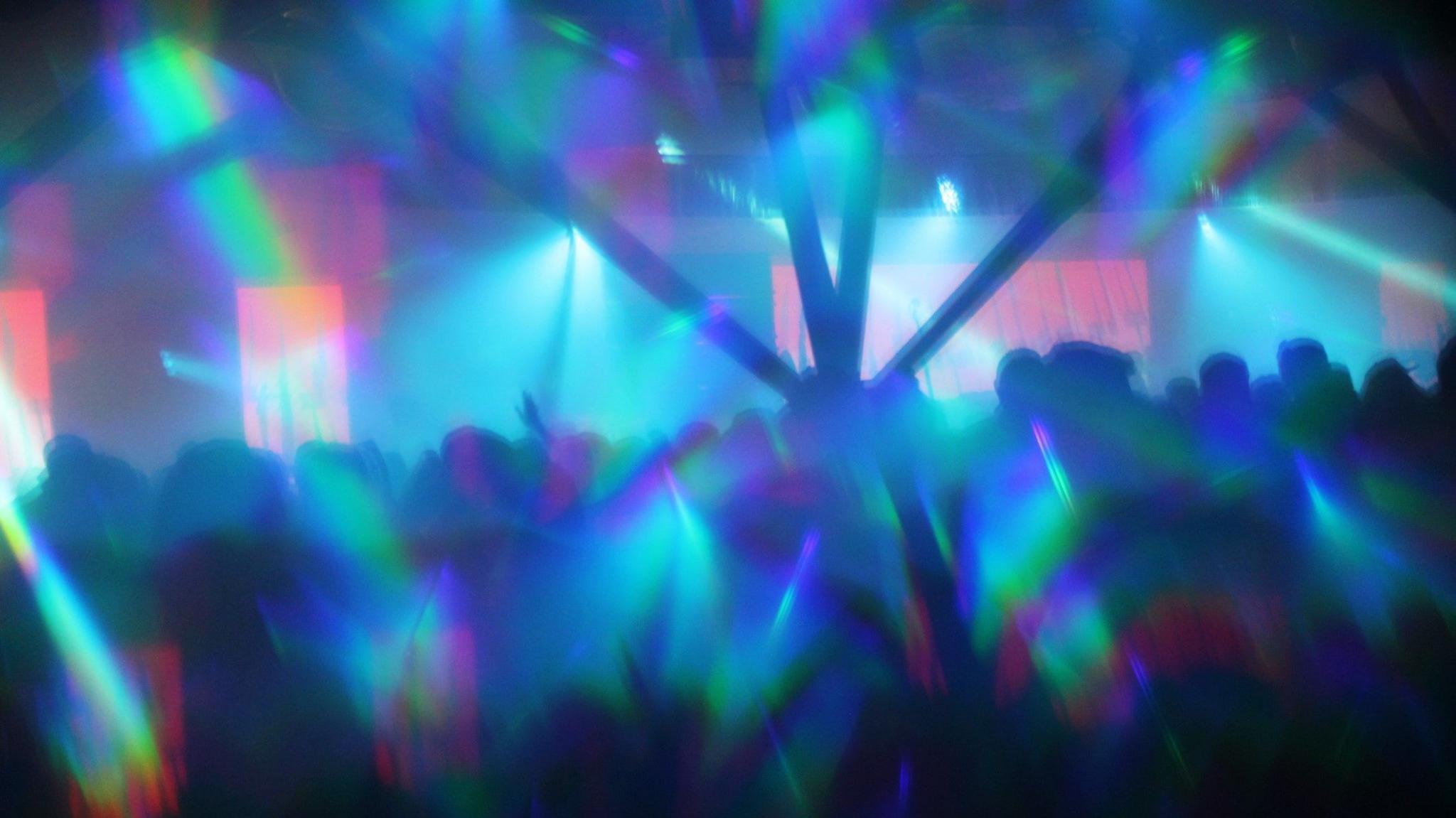
Thousands of people used to dance in Peterborough's nightclubs every weekend
- Published
A demolition notice is posted outside a boarded-up former late-night venue - but is the writing literally on the wall for a city's nightclubs?
The venue on New Road, previously called The Bar, was once at the heart of Peterborough's nightlife scene.
It now looks set to go the way of other venues before it, having being earmarked for demolition to make way for the multimillion-pound redevelopment of the city centre.
It is a far cry from the glory days of the 1980s and 90s when, according to one observer of the city's nightlife scene, an estimated 6,000 people used to come clubbing in Peterborough on a typical weekend night.
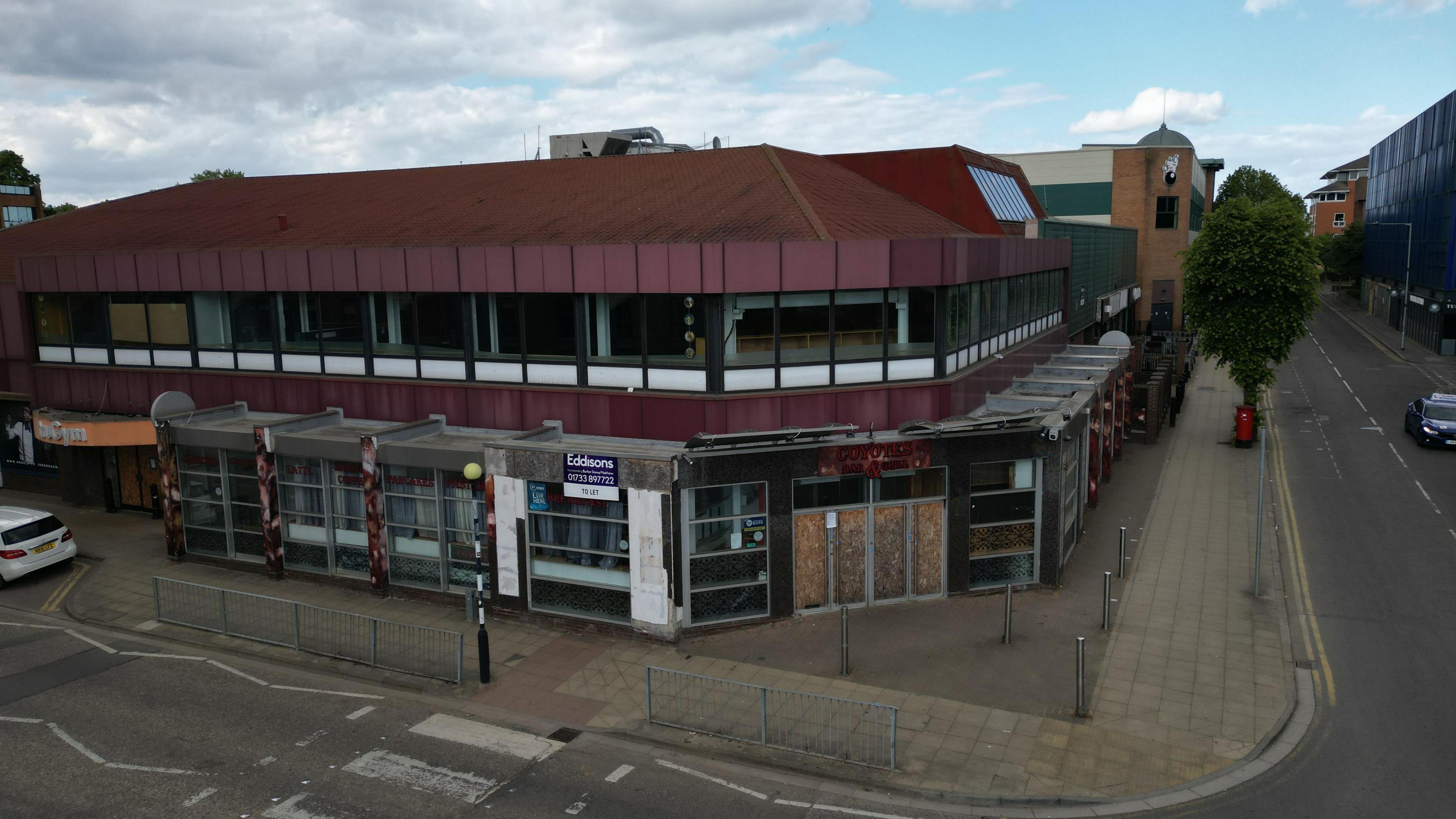
The Bar, which closed in the early 2000s and later became Halo, was seen as a stylish place for a night out but now faces redevelopment
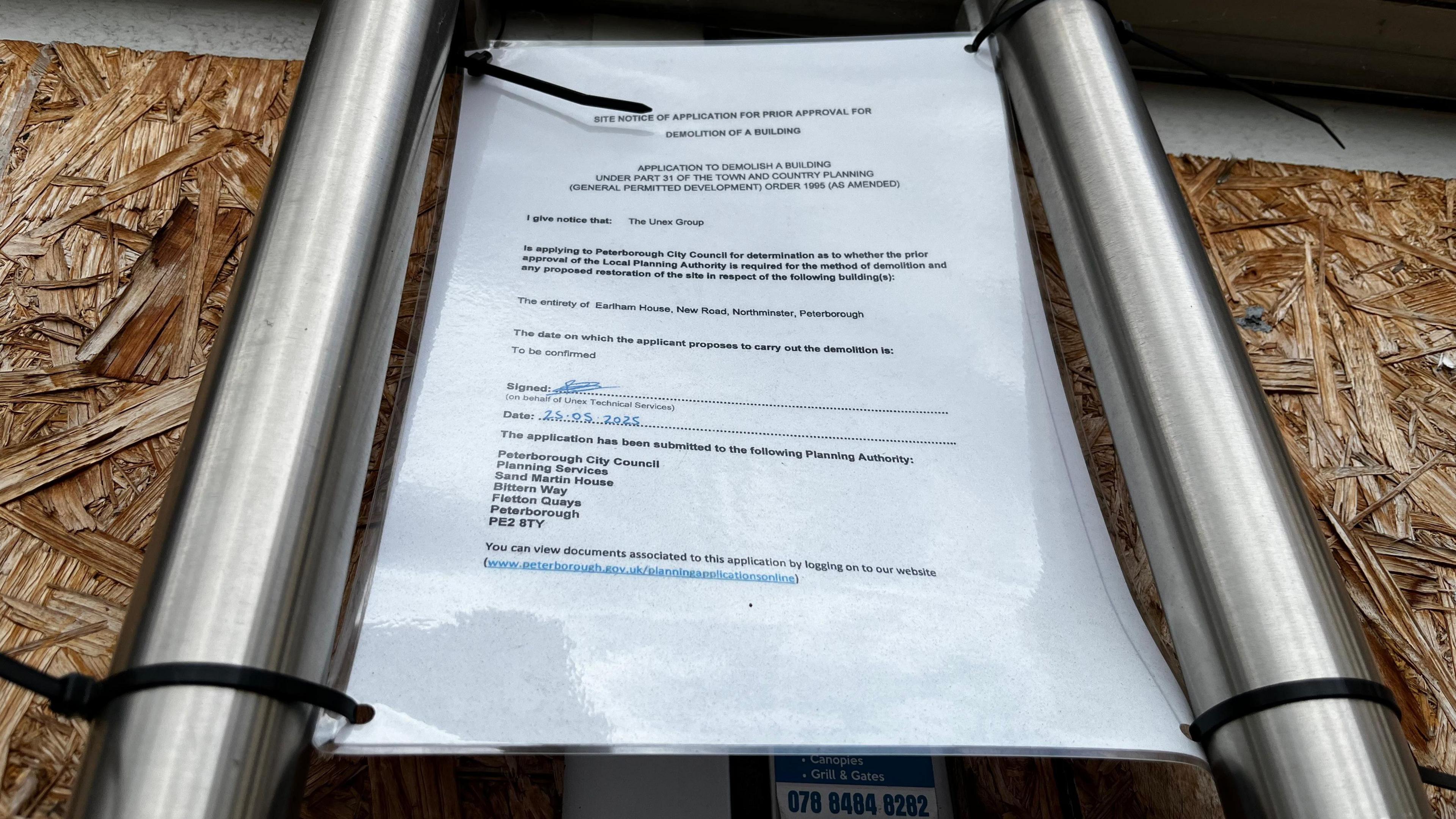
A demolition is posted outside the derelict venue
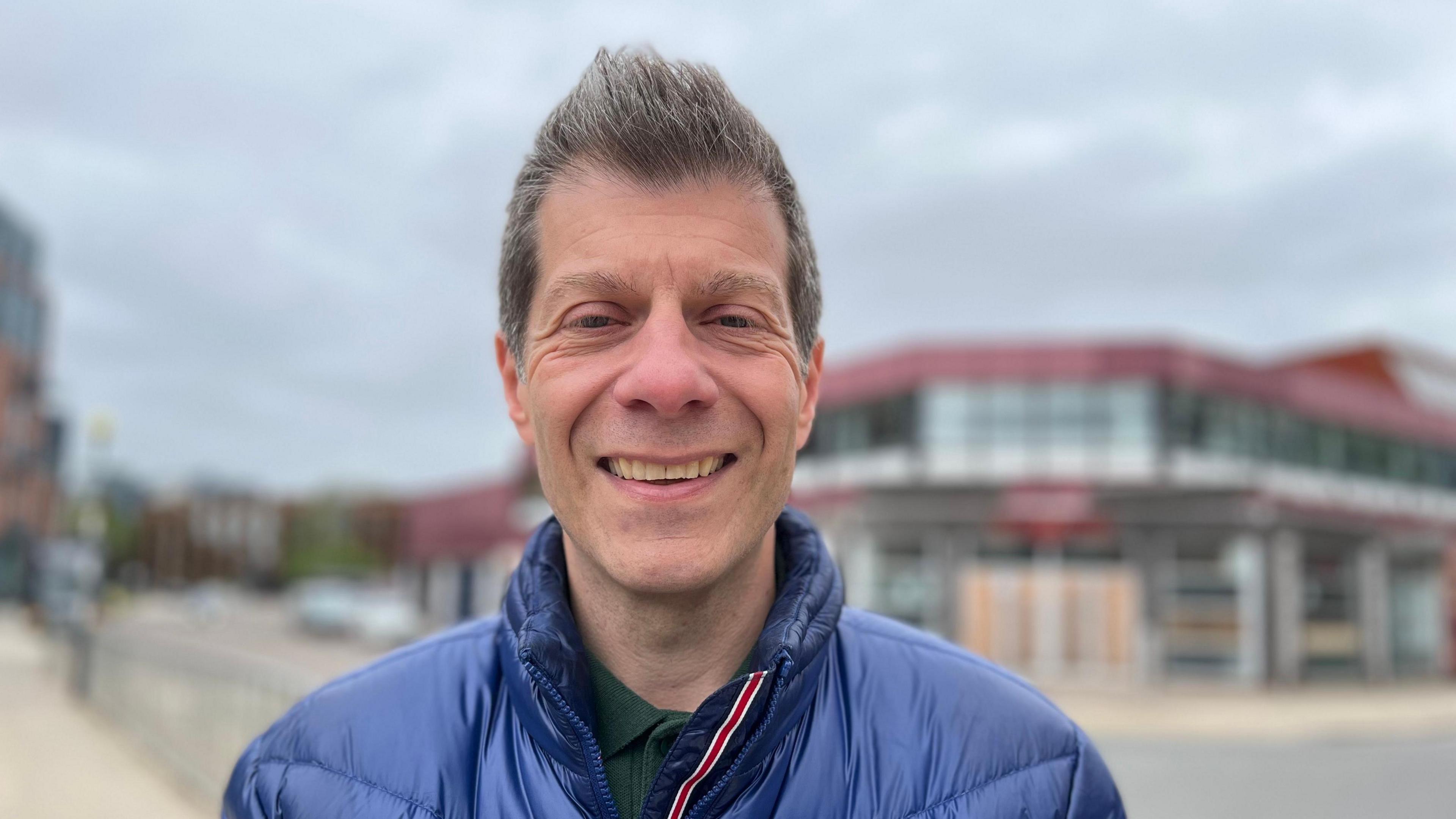
Pep Cipriano says people used to meet at nightclubs before the growth of the internet dating
Pep Cipriano was "Man about Town" for local publication ESP Magazine, its chief columnist covering the city's nightlife scene.
He recalls the "great atmosphere" of the 1990s.
"There were three major clubs, each with 2,000 capacity, and they were all full," he says.
"You dressed up to go out. It was a real occasion."
Until the early 2000s, he says, there were at least six nightclubs, including Rinaldo's, Fifth Avenue, and Shanghai Sam's, which was later Quo Vadis and then Faith.
Today, he says, there are two or three "traditional" nightclubs, with another two or three venues open after hours.
He believes the growing influence of the internet has affected the traditional night on the town.
"The way you meet people has changed. The whole dynamic has changed," he says.
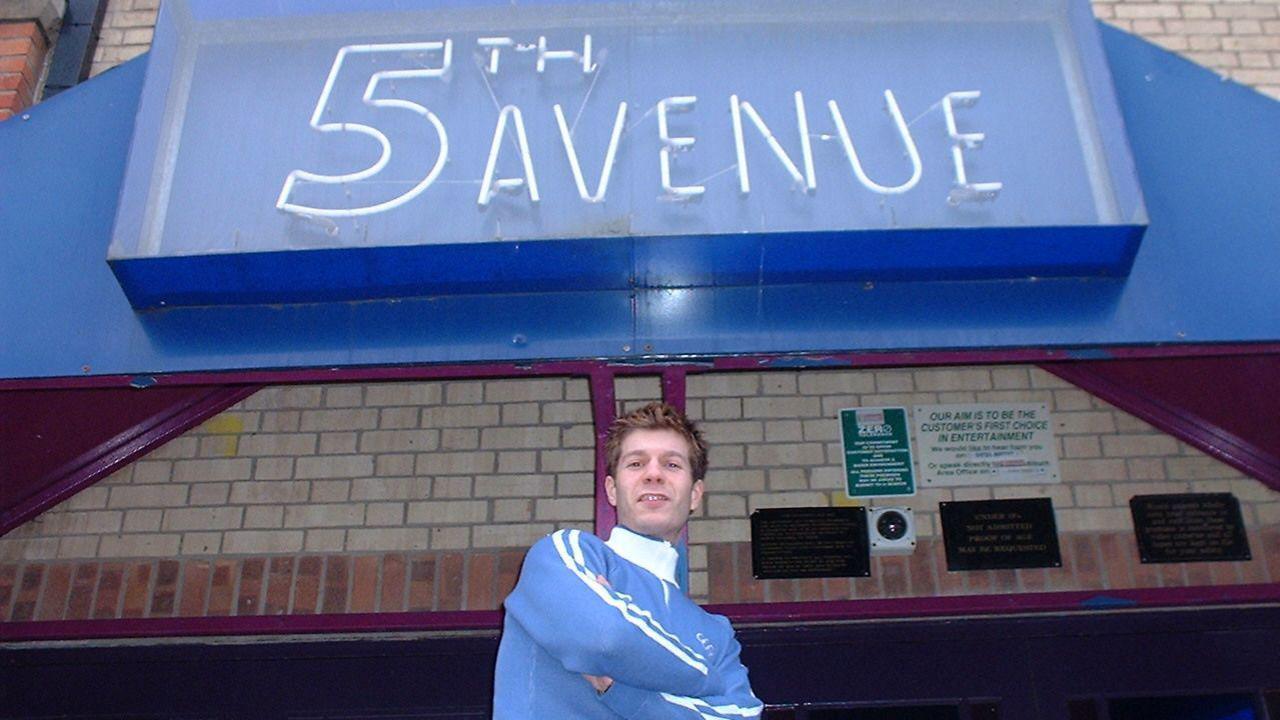
Mr Cipriano says he remembers when Peterborough had three nightclubs, which would all be full at the weekend
Mr Cipriano is now chief executive of Peterborough Positive, the city's business improvement district (BID) group.
Between Friday and Sunday, it is hosting three days of music and entertainment with the Glastonbury Weekender, including live-streaming the festival, in what he says is set to be "one of the biggest weekends of live music the city centre has seen in decades".
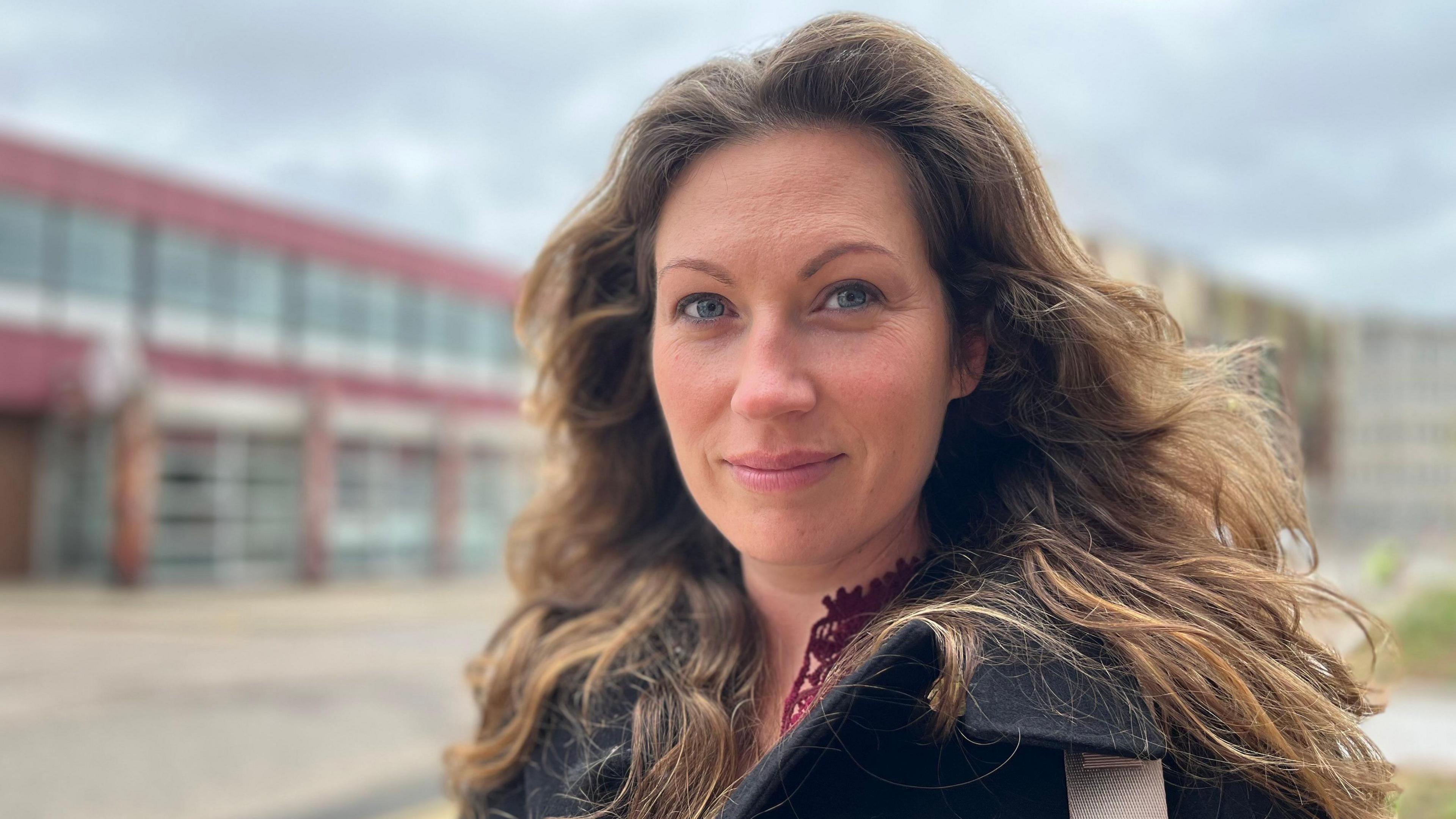
In the days before smartphones, Hannah Tinker would take photographs of clubgoers, a forerunner of today's selfie
Hannah Tinker worked with ESP Magazine to photograph people enjoying a night out.
"Back in the day there was a lot of variety, a lot of different types of music and it was very lively," she says.
"I feel sorry for the younger generation, as today many people just don't seem to have the funds."
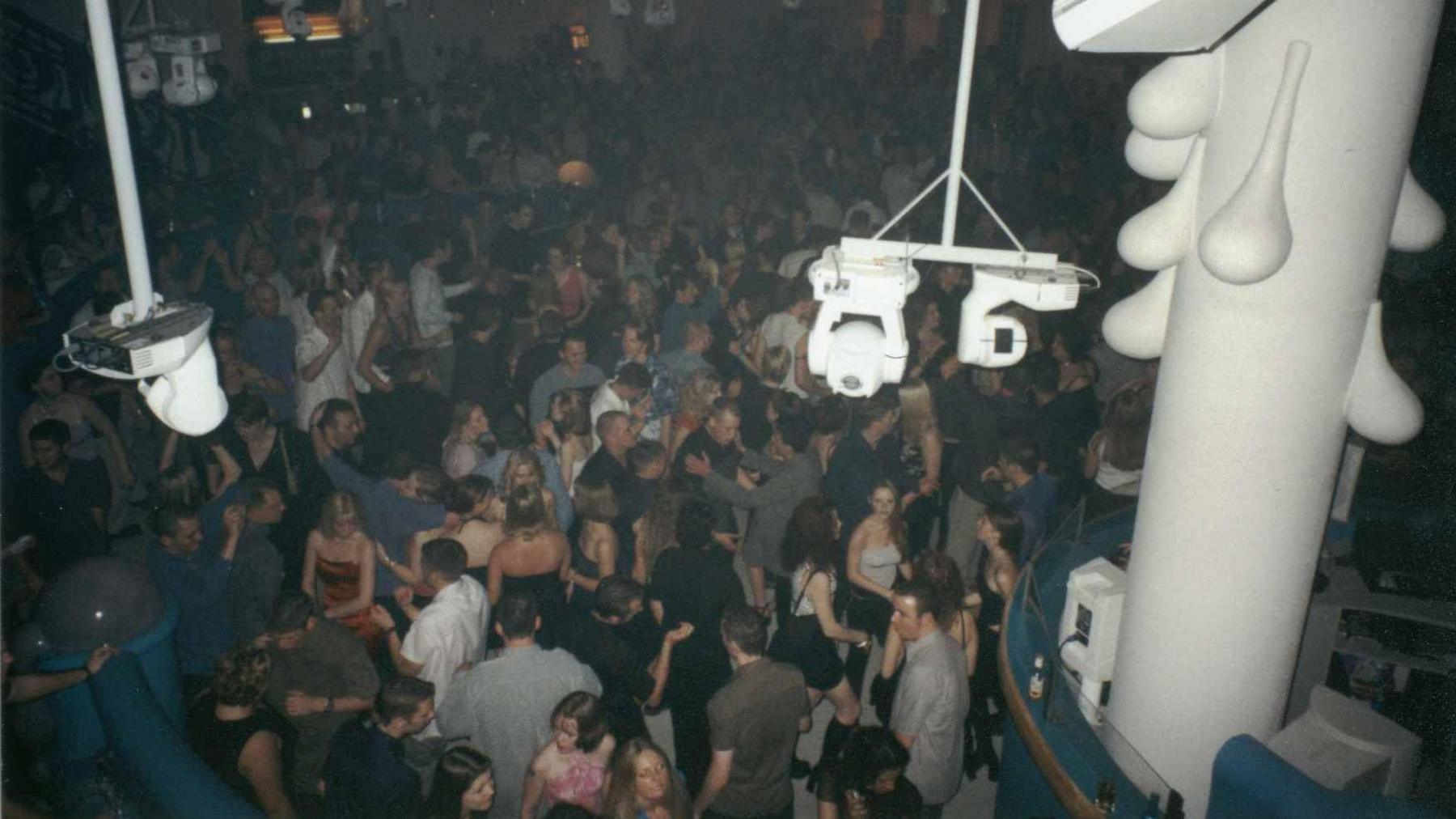
Peterborough had a thriving nightclub scene
But where have all the clubbers gone? Peterborough law student Kelly Jesus says that, for some young people, clubbing does not hold the same appeal as it has done in the past.
"Clubbing can be quite expensive for a night out, especially if you compare it to a movie," she says.
"Sometimes you just want to have conversations with people and that can feel less superficial than dancing around, but everyone's different."
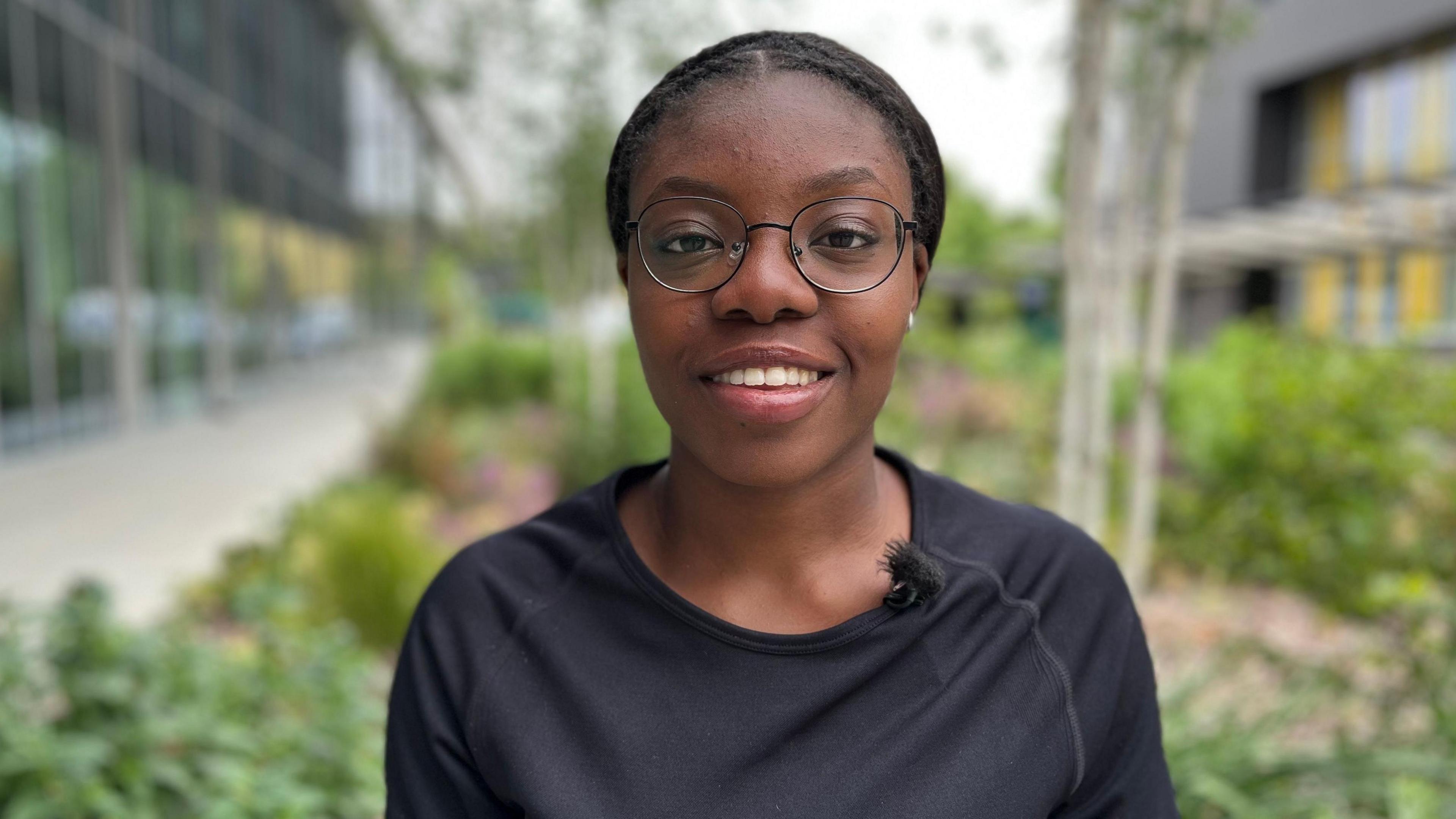
Law student Kelly Jesus says that for young women, nightclubbing can feel "quite intimidating"
Paul Stainton was a regular DJ in Peterborough but is now head of marketing and communications at the city's cathedral.
He is staging an "Old Skool Disco" in its cloisters on Friday (June 27) and says there is still an appetite for people to get together and dance.
"I think young people miss out on having that fun," he says.
"It's also difficult for people in their 40s, 50s and 60s to find somewhere to go and have that fun again and relive their youth."
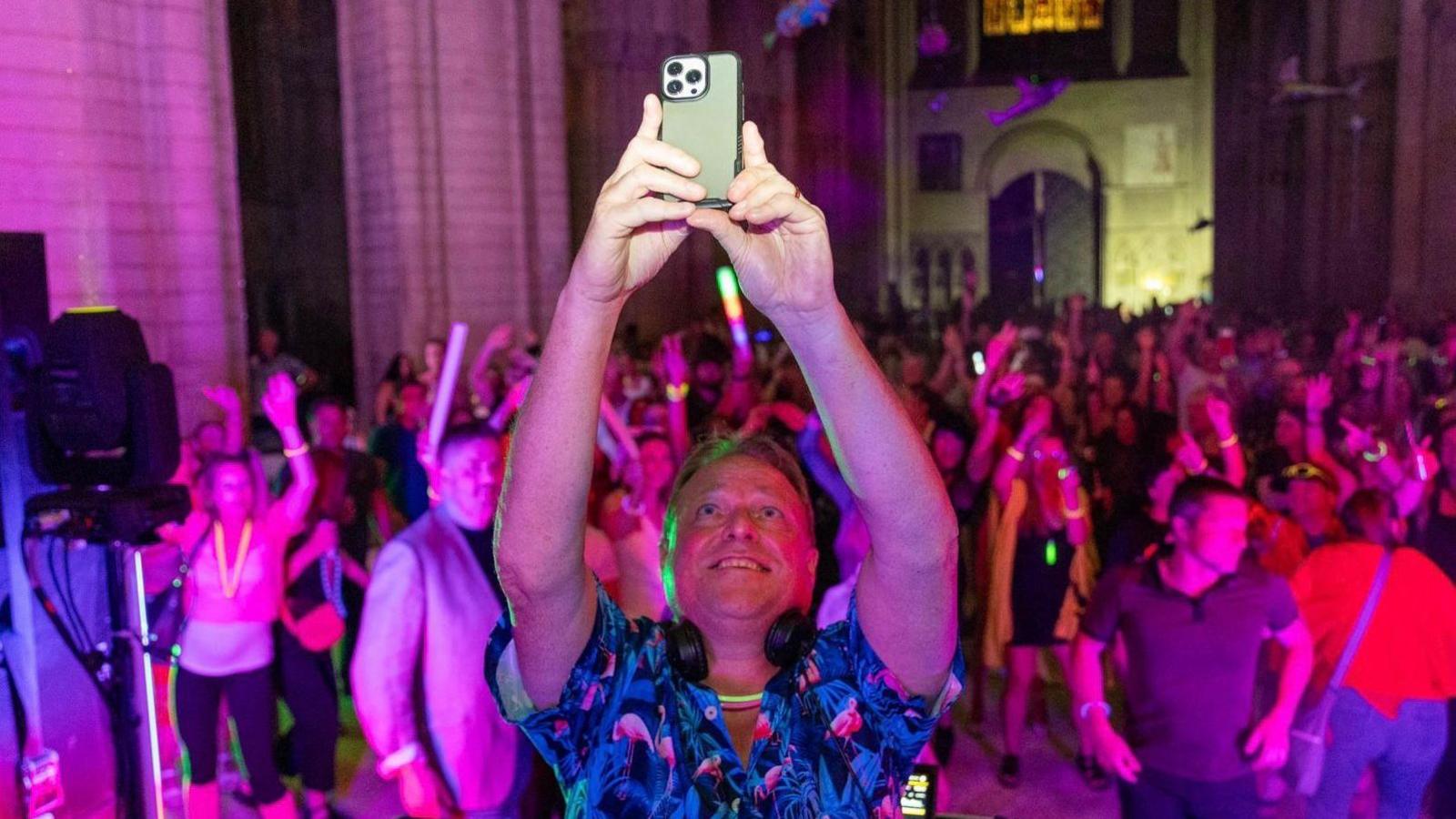
Paul Stainton says there is still an appetite for people to get together and dance
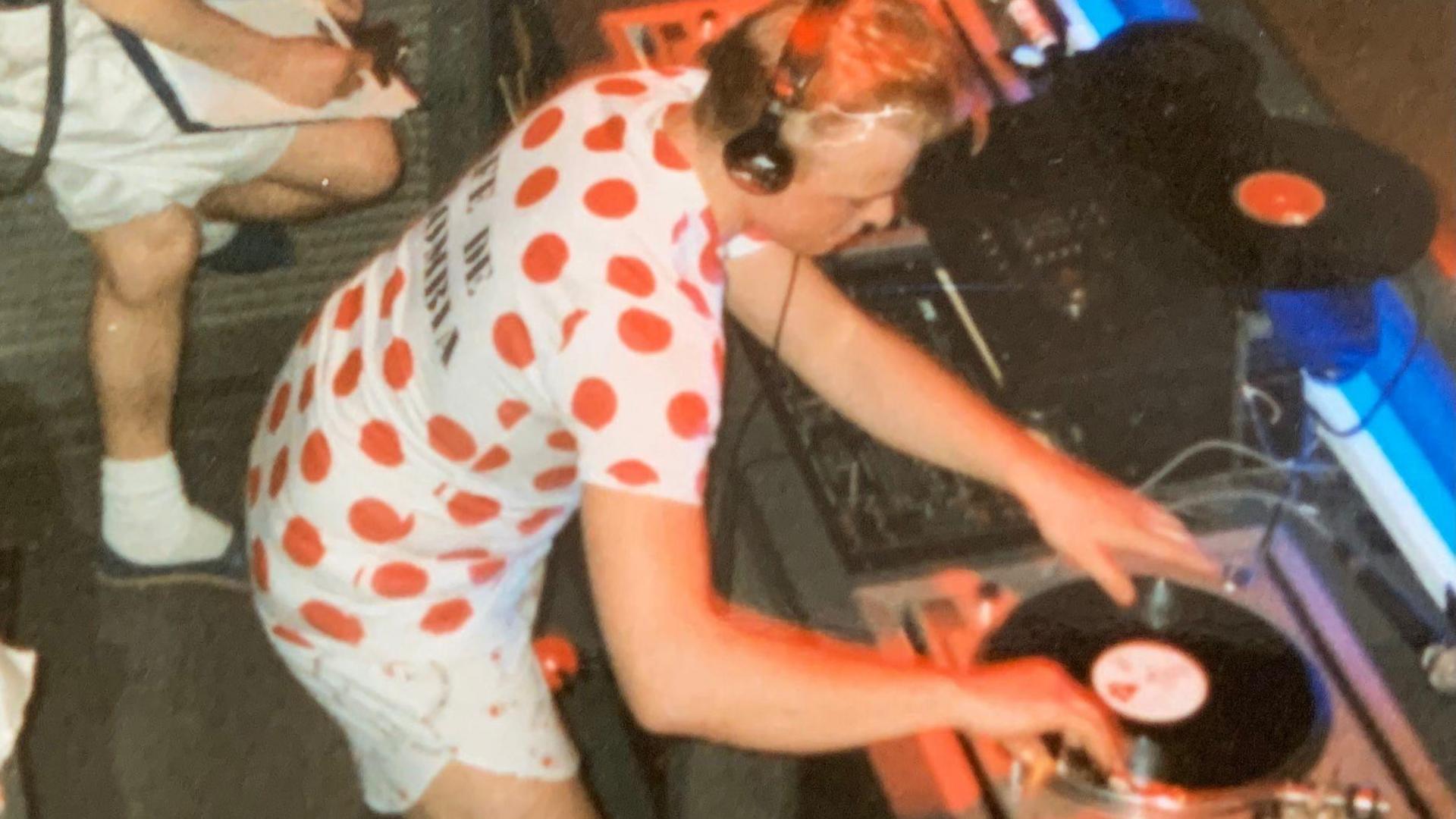
"A great time to be alive" is how Mr Stainton describes the city's clubbing heyday
In 2017, DJ and broadcaster Annie Mac came to the city to investigate a national downturn in clubbing for a BBC documentary, and discovered that venues were making way for new developments.
Nick Thulbourn, Labour cabinet member for growth and regeneration on Peterborough City Council, says: "Whilst there is little we can do as a council to prevent privately-owned businesses such as nightclubs from closing down, there are planning policies in place designed to ensure the vitality of our city centre.
"This is a similar pattern across the country because of several factors including changing economic conditions.
"However, our city centre still has thriving bars, clubs, restaurants and eateries."
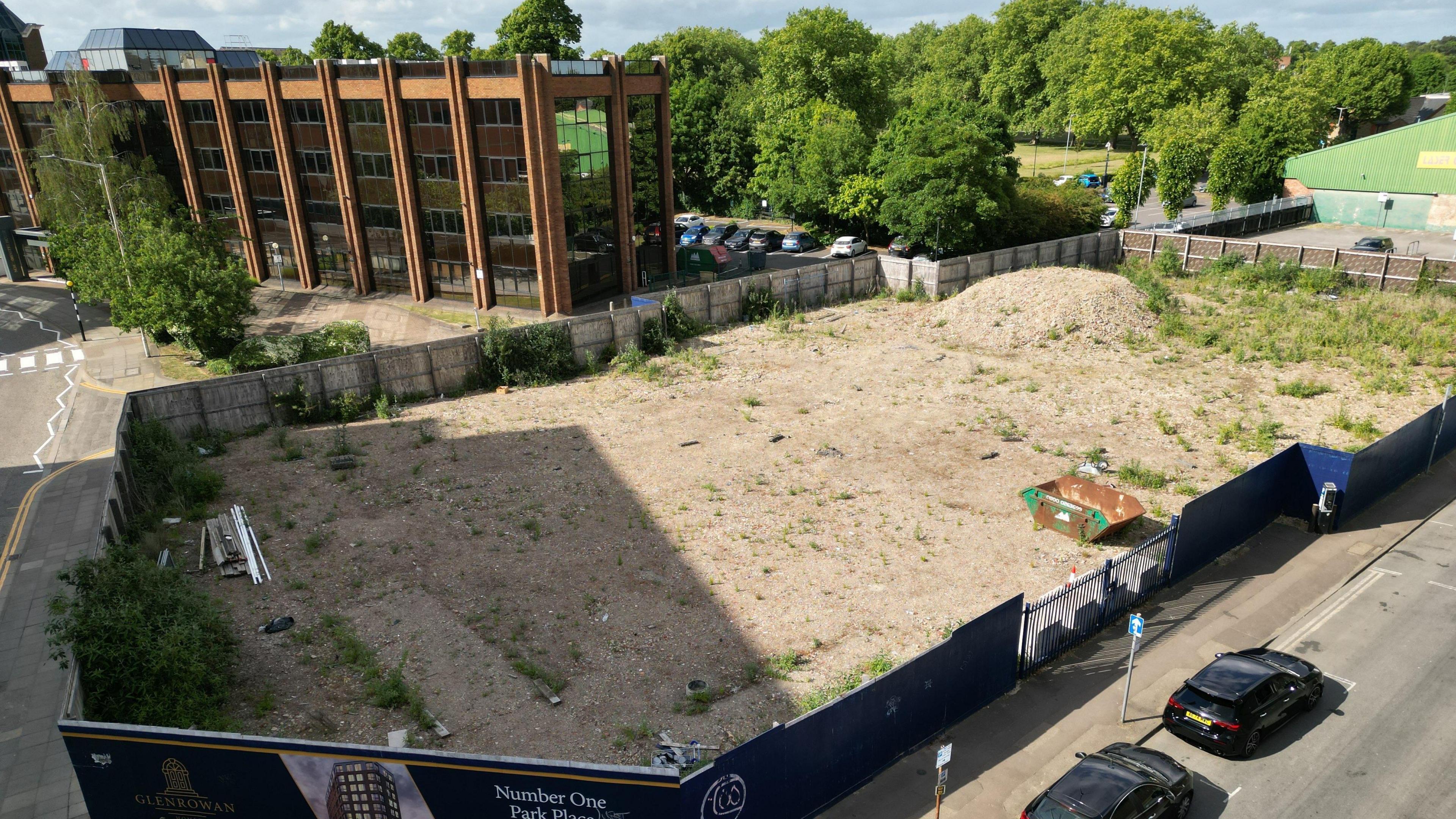
The former Solstice nightclub, visited by DJ and broadcaster Annie Mac, has already been lost to the bulldozers to make way for apartments
Peter Elderkin, another of the city's former DJs, and a former musician and music promoter, has written a memoir called Sugar Gravy Pleasure.
He is still positive about live venues, but says if they continue to close, it could affect the music industry.
"People can go online and have their channels and put their music out there but they won't get that live feedback - and you really need that live experience."
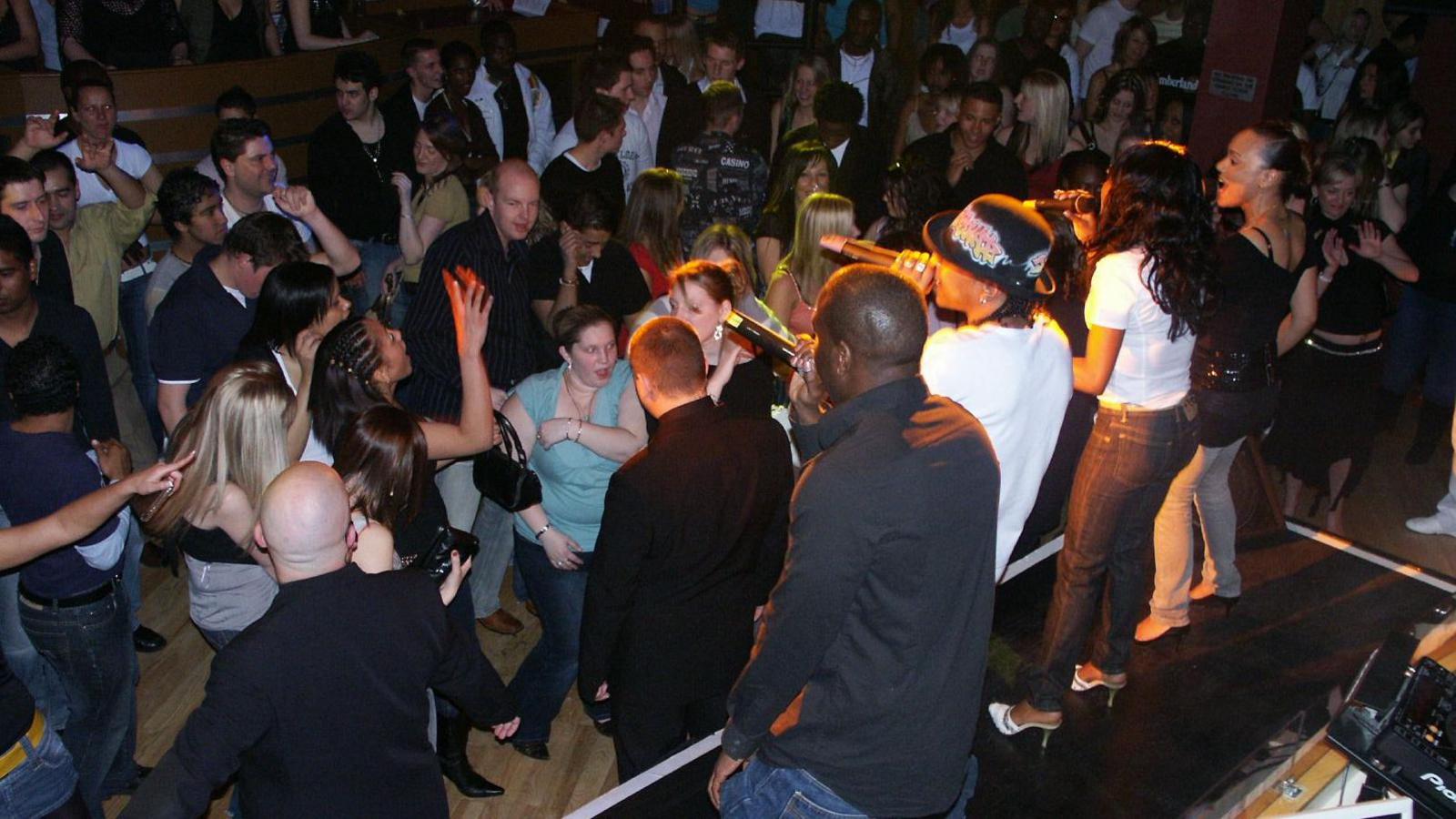
R&B group Big Brovaz were among the artists to perform at the city's nightclubs
Steve Jason, owner of the city's Met Lounge, which specialises in indie music, fears for the future of the traditional nightclub.
"In 1986 there were 36,000 nightclubs in the UK; now there's less than a thousand. It's only going one way," he says.
Licensing changes and the internet have drastically affected the industry, he says, adding that it needs more young people and bands coming through to "inspire the next generation".
What happened to Peterborough’s nightclubs?
Why many of the city’s nightclubs are now a distant memory and set to be demolished.
Get in touch
Do you have a story suggestion for Peterborough?
Follow Peterborough news on BBC Sounds, Facebook, external, Instagram, external and X, external.
Related topics
More like this
- Published19 April
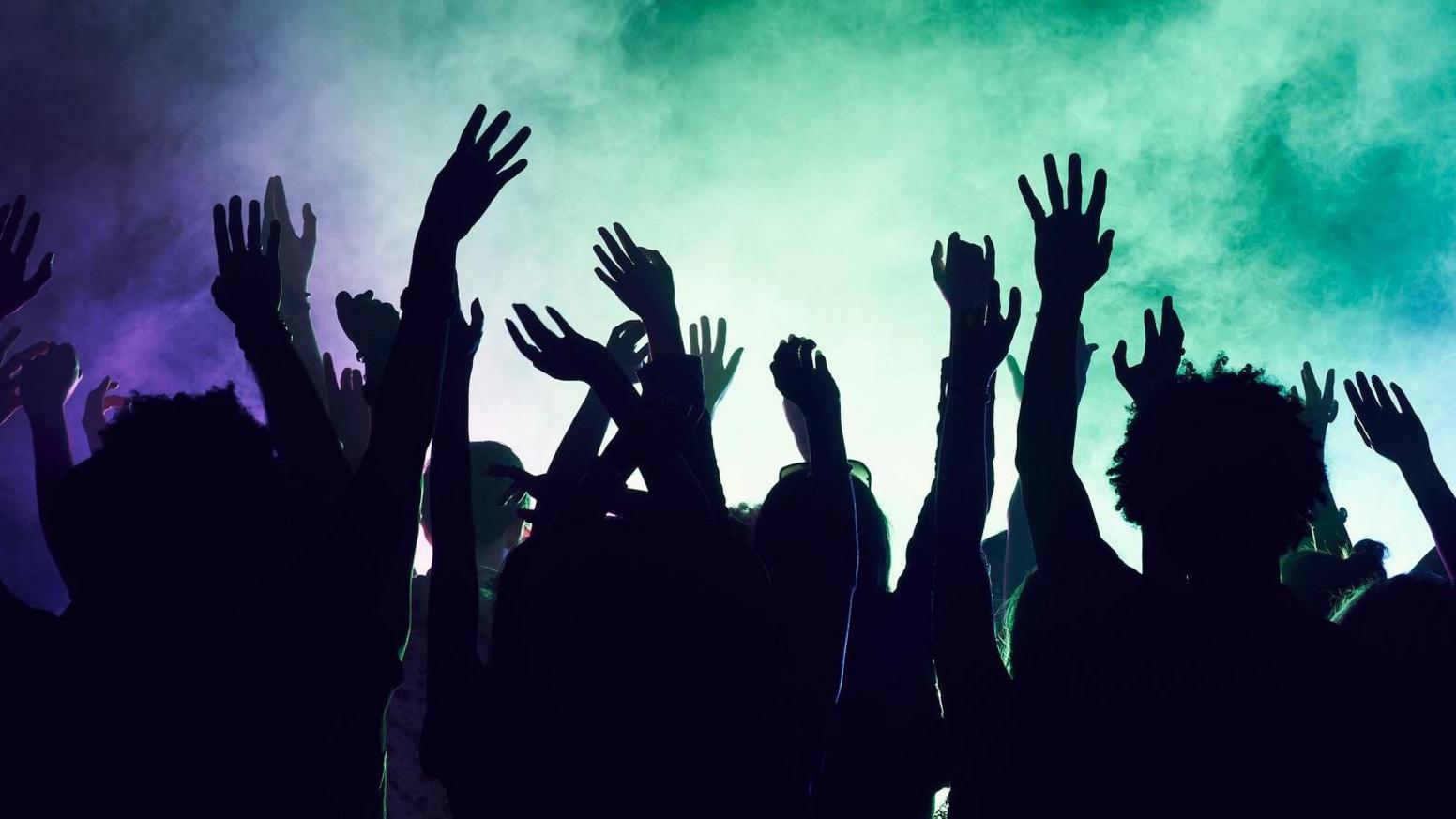
- Published30 October 2024
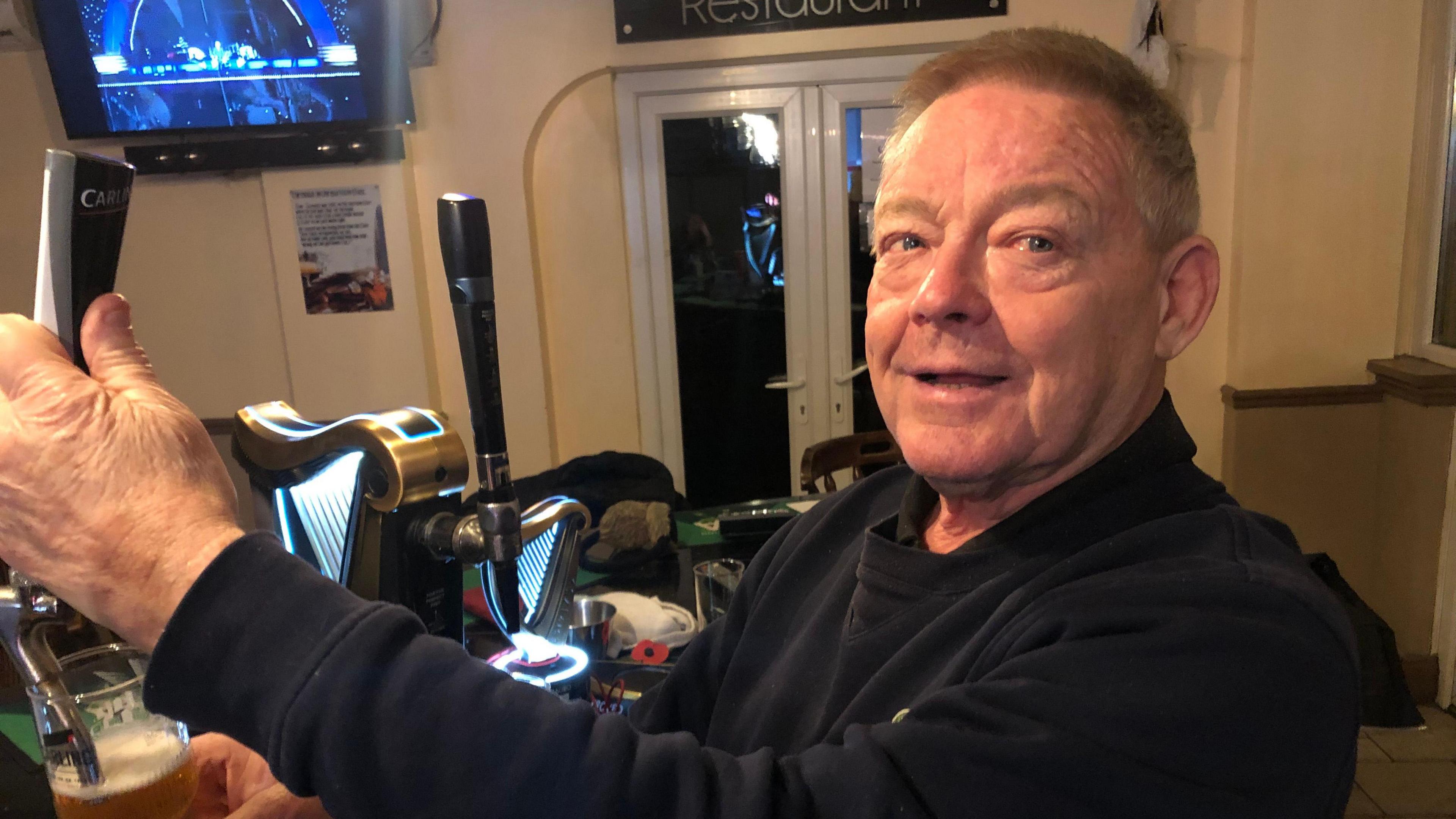
- Published26 June 2024
